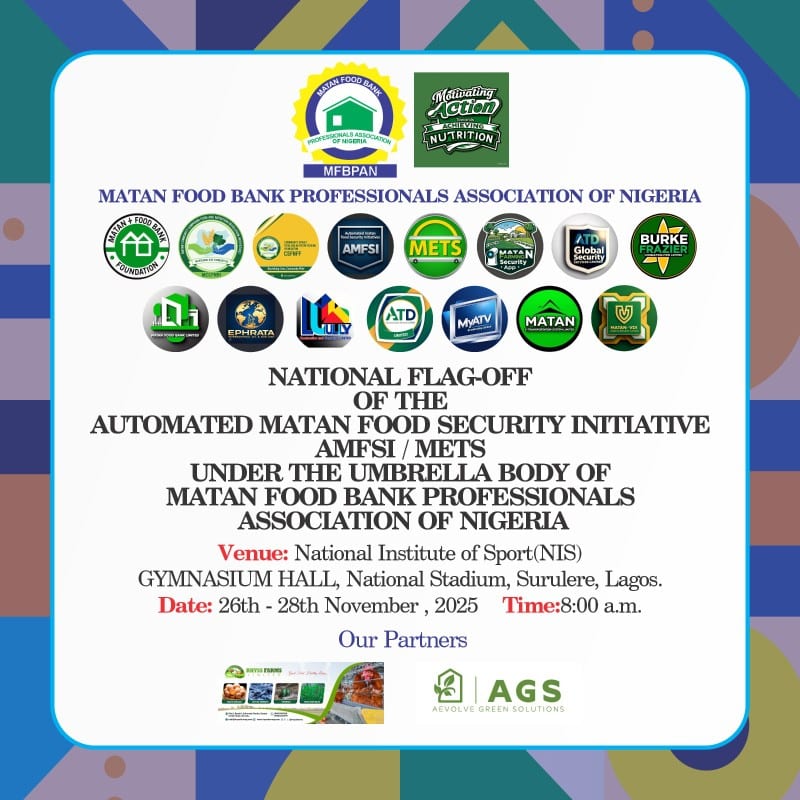Nigerians may be thrown into a blackout and experience disruption in rail service nationwide in the coming days if the Federal Government remains adamant about the demands of the striking unions in the educational sector.
In separate statements, the National Union of Electricity Employees (NUEE) and the Nigeria Union of Railway Workers (NUR) stated that they were saddened and appalled by the lingering impasse between the Federal Government of Nigeria and unions in the tertiary education sector (universities, polytechnics, colleges of education, and research institutes).
NUEE, in its statement signed by the general secretary, Joe Ajaero, threatened to embark on a strike if the deadlock, which has lasted several months, continues.
According to the union, the industrial action is undoubtedly exposing the students to all forms of negative vices inimical to nation-building.
“The National Union of Electricity Employees, therefore, wishes to state that, if after the Nigeria Labour Congress’ nationwide protest, the current impasse between unions in the tertiary institutions and government is not conclusively addressed, we shall be forced to stay at home with our children. A stitch in time saves nine,” the union said.
NUEE charged the government to address all issues concerning non-implementation of agreements and other matters affecting Nigeria’s tertiary education institutions.
It noted that a nation that is committed to human capital development does not toy with the education, training and manpower needs of its youth population.
“The laissez-faire attitude of the government, whether in the states or nationally, towards the continued closure of schools is a sorry state in the process of our development towards nationhood.
“It is through education that this country, Nigeria, could be pulled out of the current doldrums and be positioned towards socio-economic and technological development of the next millennium,” the union said.
The Nigeria Union of Railway workers, on its part, said it strongly condemned the vapid and uninspiring attitude of the Federal Government to end the lingering faceoff between it and the unions of universities, polytechnics, colleges of education, and research institutions, especially on the government’s no-work-no-pay policy for the striking workers of universities and other tertiary institutions.
In a statement signed by NUR president-general Innocent Luka Ajiji and the general secretary, Segun Esan, the union appealed to the Federal Government to meet the legitimate charter of demands of the Academic Staff Union of Universities (ASUU) with no further delay and save the nation’s education sector from total collapse.
“The Federal Government should be responsible enough to end the ongoing ASUU strike and rescue millions of Nigerian school-age youths, who are mainly the children of the working class and poor masses, from ruin and tempestuous engagements. The Federal Government should always remember that an idle hand is the devil’s workshop,” the union said.
According to the union, most importantly, the government should adopt the preferred salary payment platform in place of IPPIS as proposed by the striking university lecturers and also do all that is necessary for the infrastructural development of the nation’s ivory towers.
Meanwhile, the railway workers said they may be compelled to embark on a total and indefinite strike at any moment to challenge the insensitivity of the management and the board of Nigerian Railway Corporation to the welfare and well-being of the railway workers.
The statement read, “It is unfortunate and most disheartening that, almost eight months after the Nigerian Railway workers’ three-day nationwide warning strike of November 2021 was suspended and clear agreement reached between the union and the management, with January 2022 deadline for the management to provide answers to the charter of demands of the workers, no significant achievement has been made by the management so far to assuage the aggrieved workers till now.
“For instance, the standard condition of service, which was reviewed last in 1978 and on which the workers demanded a review for immediate application, has been kept in the cooler, unattended, after a review committee was inaugurated to work on it.
“The review committee worked inconclusively and, till now, there is no known standard condition of service in the rail transport industry. Similar to this, the approval of 95 per cent for salary enhancement has remained a nominal approval without any hope in sight as to when it will translate to cash for the workers.
“For the purpose of recollection, other workers’ welfare demands that led to the warning strike include non-payment of allowances; slavish use of the workers beyond the prescribed eight hours a day and 40 hours a week (weekends excluded) by the Public Service Rule; non-payment of workers’ salaries by IPPIS till the salaries are lost and unpaid; administrative delay in promotion procedures, which culminate in accumulation of promotion arrears and subsequent loss of same; serial ejection of workers from their staff quarters with unfulfilled promise to replace and allocate quarters to the affected staff accordingly; transferring workers from one location to another without adequate provision for their comfort and convenience; among many others.”











